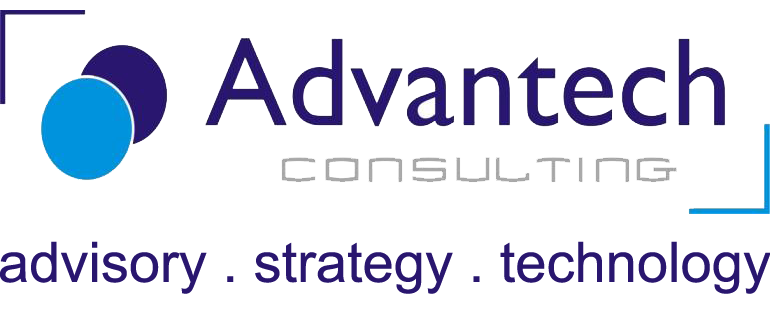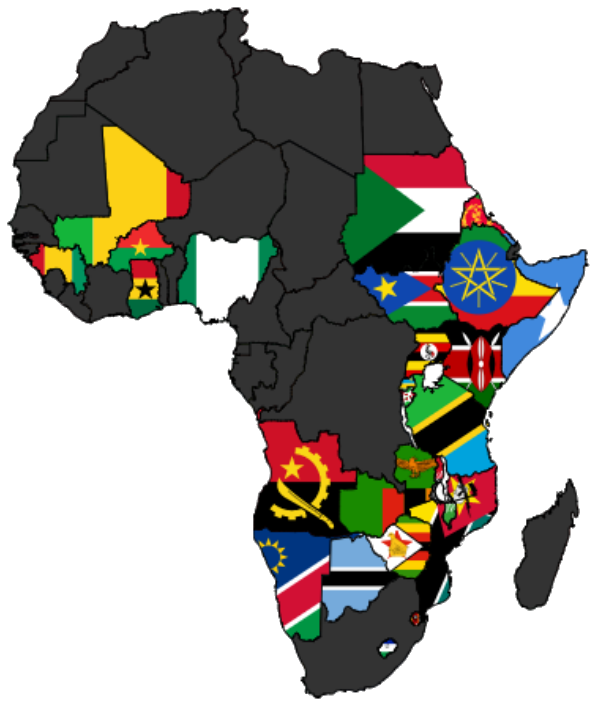Intellectual capital refers to the total stock in possession of a laborer or a company comprised of laborers in the form of intangible but still very essential assets such as skills, innovation, intelligence, wisdom, social and personality attributes. Intellectual capital produces economic value to the company, the economy and is directly linked to the growth of a country especially since it drives entire sectors especially in the cities. People are valued in accordance to the value they are able to create and this value is acquired through education, training, innovation. However there is usually a mismatch of the actual skills the market requires and the training given in institutions leading to structural unemployment in some areas forcing citizens of one country to move to another that did not directly invest in their skills acquisition since their mother country has not yet gotten to a point where their skills can be adequately compensated for by the market.
With the advent of the knowledge economy, the economic activity mostly for developed nations and to a considerable extent in developing nations is heavily dependent on information shared therefore creating a body of knowledge that is shared with the rest of the world in an instant. This has been brought about by the leaps man has made in technology and this has been brought about by innovation and creativity. These great changes in technology have been brought about by and through an abundance of knowledge rather than scarcity of resources that people had been traditionally dependent on to bring about economic value . Land and capital which were absolutely essential towards creating economic progress have been usurped by their twins; labor and entrepreneurship. It’s a knowledge economy and its driven by people and fundamentally by their skill sets. Those skill sets are an organization’s intellectual capital and when harnessed can give knowledge organizations an edge in any market place.
Initially, those who could contribute on an individual level to the highest scale towards the advancement of the economy were people who had vast tracts of land where people could work and they could, therefore, create value by supplying food. Few owned those tracts of land and those who didn’t worked for those who did. Land was and still is hard to acquire given its economic value and fixed nature and thus the economy was based on scarcity rather than abundance. Then the industrial age; the greatest economic drivers were those who could create new novel ways of doing things; the telephone, the television and other household items that made life easier. It was still one of scarcity since few could do this. Now we are in the Information age chiefly driven by information and data. Knowledge is created and shared in an instant. Its abundant, free in most cases and if not so the ability to acquire it for the general population has been greatly improved, and self-generating. Due to this, organizations are growing because of the ability to share knowledge fast, cheap and in real time. Its intellectual capital fueling organization’s growth for the economy.
We have two of kinds of knowledge that are important for the growth of companies; these are tacit knowledge and explicit knowledge. Tacit knowledge widely regarded as the more important of the two is the kind of knowledge that is hard to transfer from one practitioner to another since it is heavily reliant on experience and the specific ability of the owner of the knowledge. Tacit is highly regarded as it is from it flows innovation, creativity and the ability to bring about new ideas since innovation cannot be read from a book. Tacit knowledge cannot be compartmentalized in a box to be sold but the presence of it can greatly impact the direction an organization is going.
For instance, we have two accountants who have the same level of education, however, one has been in various interactions with different accounting software. The one who has gained experience through frequent use of software will have to sit down and manually explain how to go about the whole process using this software. Though that can be misconstrued to be tacit knowledge transfer, it actually is implicit knowledge transfer since an online video can easily teach him how to go about the motions. The gem here is the fact that once the accountant has learned how to use accounting software through one system, he has gained the ability to use any other accounting software given the fact that internationally agreed upon standards that are fundamental to accounting do not change. This newfound ability is now tacit knowledge and is not easily transferable and an organization that has clearly put in place mechanisms for tacit knowledge transfer for instance through one on one training and frequent interactions reap huge benefits alone from this one organizational practice alone.
Explicit knowledge refers to the kind of knowledge that is often found in books, classes, the Internet and other form so of literature. Explicit knowledge can be codified and is easily transferable from one worker to another. Explicit knowledge is gained largely from school. It is important as it easy to transfer and in some areas of the organization critical for production or provision of goods and services.
Innovation refers to the ability of a new item or product or service to create economic value to the same category of people through improved processes that disrupt the earlier ones. Knowledge based organizations are having their entire business model changed because of a stumbling upon of a new idea, concept or way of doing things and replicating it across the organization. This is spurring growth in traditional industries and even creating new industries from the ground up.
Intellectual capital is critical for growth in knowledge organizations and can greatly help organizations achieve their objectives.




